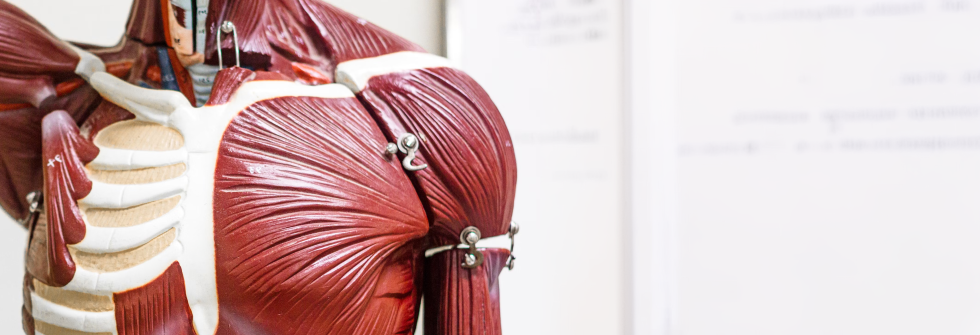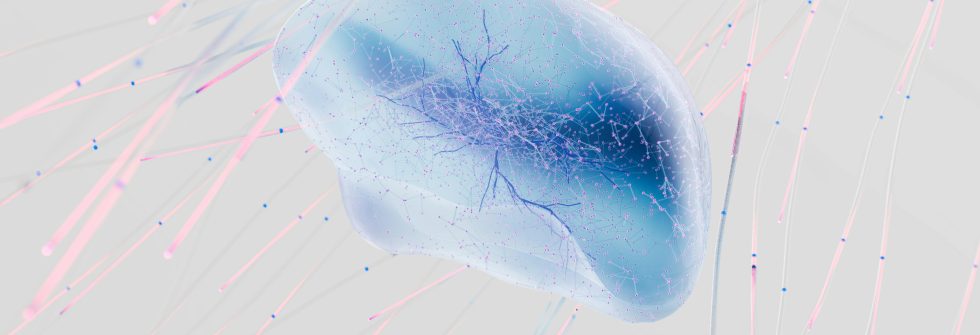Collaborative Parterships
WASP-HS a completely independent research program that is operating within a network of sister programs – research programs also funded by the Wallenberg Foundations. WASP-HS is working with the other Wallenberg programs on a number of joint calls and conferences, as well as contributing to the development and management of WASP-ED. Read more about each sister program below.

The Wallenberg AI, Autonomous System and Software Program
The Wallenberg AI, Autonomous Systems and Software Program (WASP) is a major national initiative for strategically motivated basic research, education and faculty recruitment.
The ambition of WASP is to advance Sweden into an internationally recognized and leading position in the areas of artificial intelligence, autonomous systems and software.

Wallenberg AI and Transformative Technologies Education Development Program
Wallenberg AI and Transformative Technologies Education Development Program (WASP-ED) is a national program which purpose is to significantly increase the capability and capacity of Swedish universities in providing timely, relevant, and scalable education in AI and other transformative technologies.
The program started as an initiative between WASP-HS and WASP.

Wallenberg Centre for Quantum Technology
The Wallenberg AI, Autonomous Systems and Software Program (WASP) is a major national initiative for strategically motivated basic research, education and faculty recruitment.
The ambition of WASP is to advance Sweden into an internationally recognized and leading position in the areas of artificial intelligence, autonomous systems and software.

Wallenberg Initiative Materials Science for Sustainability
Wallenberg Initiative Materials Science for Sustainability (WISE) is primarily based accross Swedish universities. Although the production and extraction of materials are connected to environmental strain, their use is paramount in transforming our world towards a sustainable society. Functional materials are simply the most important parameter in the effort to accomplish green growth, since they form the physical components of future, greener technologies and circular economies.
Data-Driven Life Science
The future of life science is data-driven, providing major new opportunities to explore and understand biology, human health and changing ecosystems. The SciLifeLab & Wallenberg National Program for Data-Driven Life Science (DDLS) is set up to make use of these opportunities.
Collaborative Projects
Universities and Institutions
- All Universities and Institutions
- Stockholm University
- University of Gothenburg
- Uppsala University
- Malmö University
- Umeå University
- Linköping University
- Lund University
- KTH Royal Institute of Technology
- Stockholm School of Economics
- Chalmers University of Technology
- Linnaeus University
- Örebro University
- Institute for Future Studies
- Karlstad University
- Swedish University of Agricultural Sciences
- Södertörn University
- Institute for Futures Studies

AI4CBT – Explainable, Human-Centric, Psychology- Grounded Fine-Grained Assessment and Planning for Cognitive Behavioral Therapy

Facilitators and Barriers to the Use of Agent-Based Social Simulations in Organ Donation – A Technical and Ethical Analysis

Linguistic Diversity Through the Prism of Biodiversity

Mapping the Nexus of Biodiversity, Climate Change, Human Society and Health Using Large Language Models

Regulating Artificially Intelligent Diagnostic Algorithms in Orthopaedic Medicine


